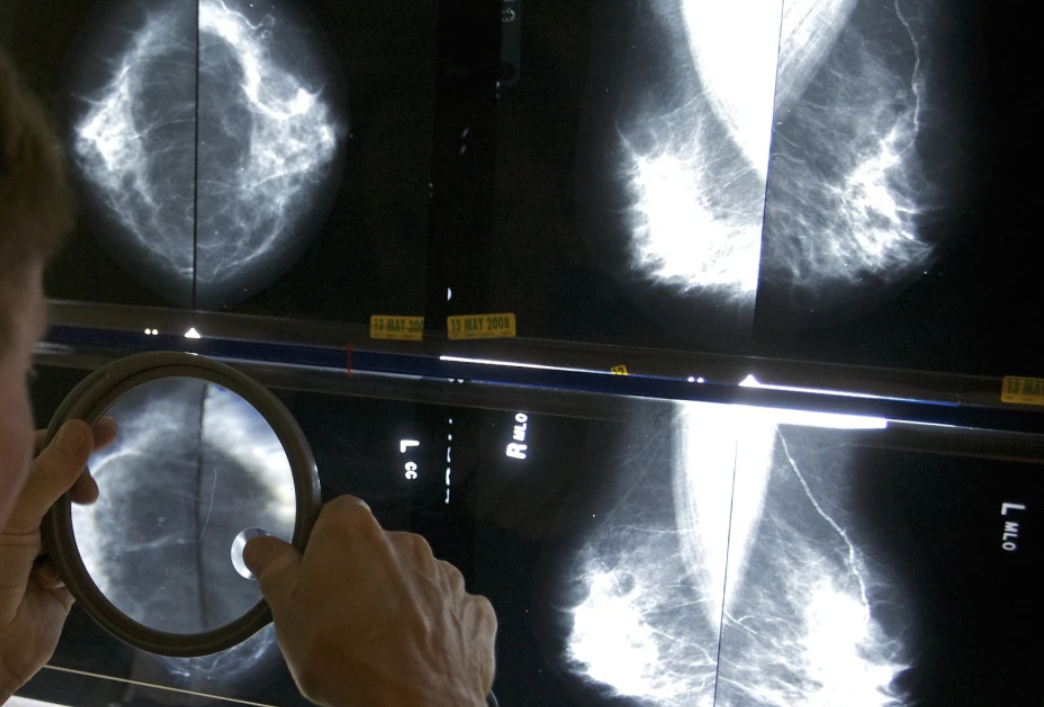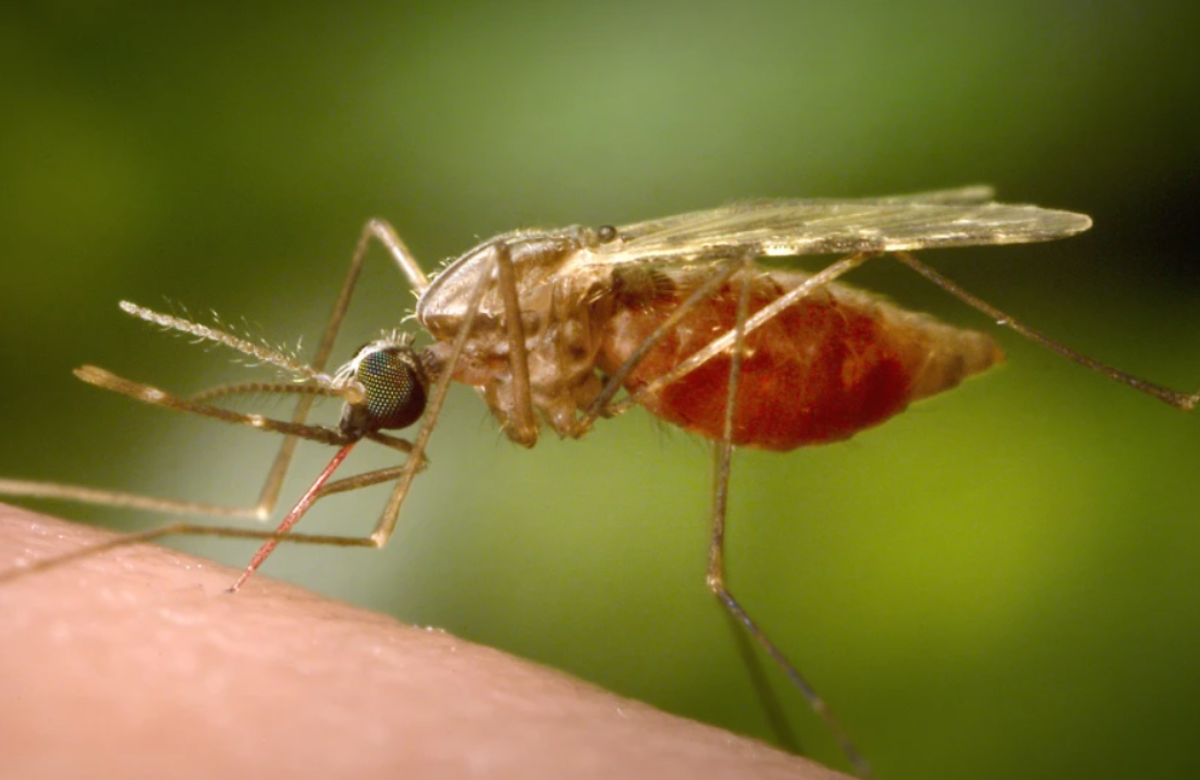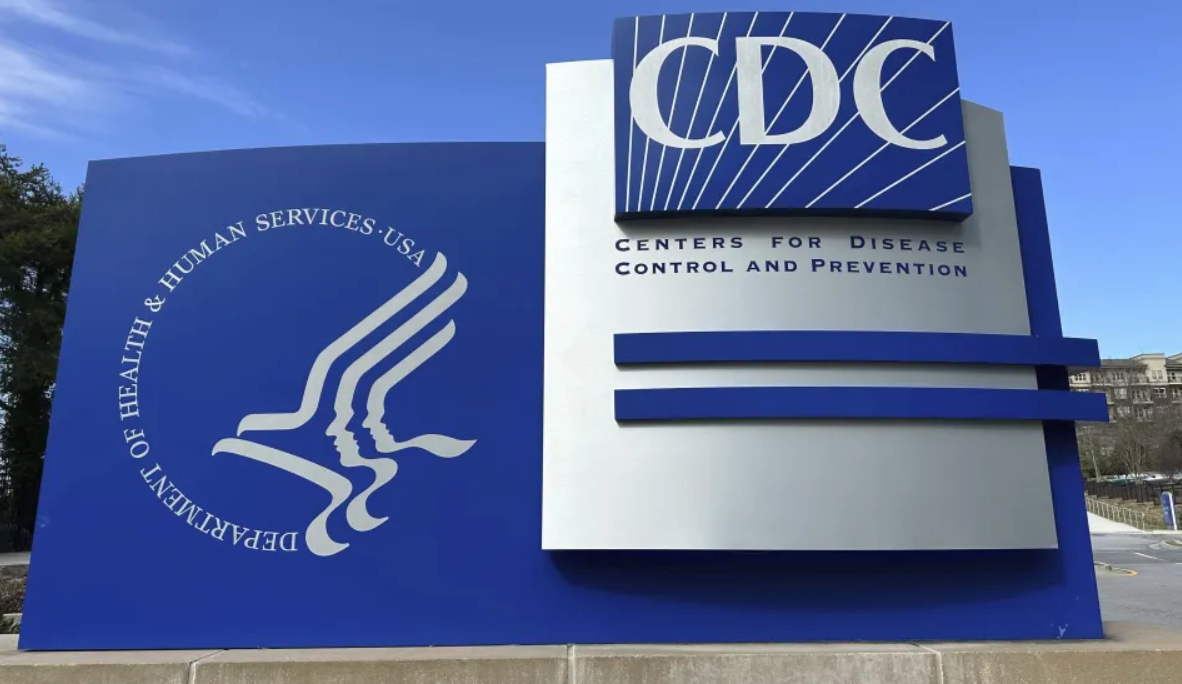Many Americans had to delay cancer screenings such as colonoscopies, mammograms, and lung scans in 2020 due to the overwhelming impact of COVID-19 on healthcare systems. However, this delay does not appear to have significantly affected cancer statistics, according to experts reviewing the data.
A new report published in the journal Cancer provides the most comprehensive analysis to date of how the pandemic affected cancer diagnoses in the U.S. Cancer death rates have continued to decline, and there has been no major increase in late-stage cancer diagnoses.
While there was a rise in late-stage diagnoses in 2020, when the pandemic first began, the numbers returned to normal in 2021 for most types of cancer. Lead author Recinda Sherman, from the North American Association of Central Cancer Registries, expressed reassurance, stating that there hasn’t been a significant increase in late-stage diagnoses, which suggests that the pandemic won’t lead to higher cancer death rates in the long term.
New cancer cases dropped in 2020 but returned to pre-pandemic levels by 2021, with the drop being consistent across states, even though each state had different COVID-19 policies. Researchers noted that factors like local hospital policies and human behavior were more influential than state policies on these trends.
While late-stage cases of cervical and prostate cancers did increase slightly in 2021, these changes were not large. The report, which covers data through 2021, provides an encouraging outlook but doesn’t offer the final word on how the pandemic may affect cancer diagnoses in the future.
This report was a joint effort between the North American Association of Central Cancer Registries, the National Cancer Institute, the Centers for Disease Control and Prevention, and the American Cancer Society.














